Put aside former president Donald Trump (an impossible task for some) and examine the Supreme Court's majority ruling that protects any president from litigation for decisions and actions he (or she, but for the sake of this column I will use the male pronoun) has made while in office.
In an editorial, The Wall Street Journal correctly noted: " The 6-3 Court majority rightly focuses on the institution of the Presidency, and the ability of all Presidents - not merely the last one - to act in the national interest free from prosecution for official acts."
The ruling is bigger than one man. As the Journal notes, it's about the institution of the presidency that transcends the administration of a single president. A president who must constantly be looking over his shoulder and second guessing himself about the possibility of future prosecutions by his partisan successor and a corrupt Justice Department cannot effectively do the job voters elected him to do.
Presidents have always made controversial decisions that many historians are still questioning. Abraham Lincoln suspended Habeas Corpus and imposed martial law in Kentucky during the Civil War. Should that have subjected him to prosecution had he lived?
In modern times suppose Harry Truman had charges brought against him for deciding to drop nuclear bombs on Japan that helped end World War II? Should he have been prosecuted after leaving office?
President Dwight Eisenhower at first denied sending U2 spy planes over the Soviet Union but was forced to admit he did after pilot Francis Gary Powers was shot down and displayed on Soviet TV. Should he have been prosecuted following the end of his second term?
Recommended
Had he lived, should John F. Kennedy have been prosecuted for botching the Bay of Pigs fiasco that failed to topple Cuban dictator Fidel Castro?
Lyndon Johnson used the Tonkin Gulf Resolution to expand American involvement in Vietnam, though there were no U.S. casualties as a result of a confrontation between U.S. aircraft and North Vietnamese torpedo boats in 1964. Many still consider that war a massive mistake, leading to needless deaths and lifelong disabilities. Should Johnson have been prosecuted?
Many other examples could be given citing the actions of other presidents.
The Founders wisely created impeachment as the preferred method for removing presidents from office for "high crimes and misdemeanors." Even that process is being corrupted as Democrats used it twice against Donald Trump and now Republicans are trying to use it against members of the Biden administration. The prosecution of a former president might become a politically poisonous cycle which is why the Court's decision was correct.
U.S. District Court Judge Tanya Chutkan must now decide whether the Supreme Court rulings require the indictment against Trump for allegedly trying to overturn the 2020 election results should be dismissed. She has also been instructed to decide which of Trump's actions were official, and which were unofficial.
Will Special Counsel Jack Smith re-write the indictment against Trump and try running it up the legal flagpole again? Justice Clarence Thomas has questioned the legality of the office of Special Counsel because, he wrote, the person appointed should be confirmed by the Senate and Smith was not.
As Chief Justice John Roberts wrote for the majority: " The Framers designed the Presidency to provide for a 'vigorous' and 'energetic' Executive. ... They vested the President with 'supervisory and policy responsibilities of utmost discretion and sensitivity'. ... Appreciating the 'unique risks' that arise when the President's energies are diverted by proceedings that might render him 'unduly cautious in the discharge of his official duties.'"
Along with the chief justice, I rest my case.

















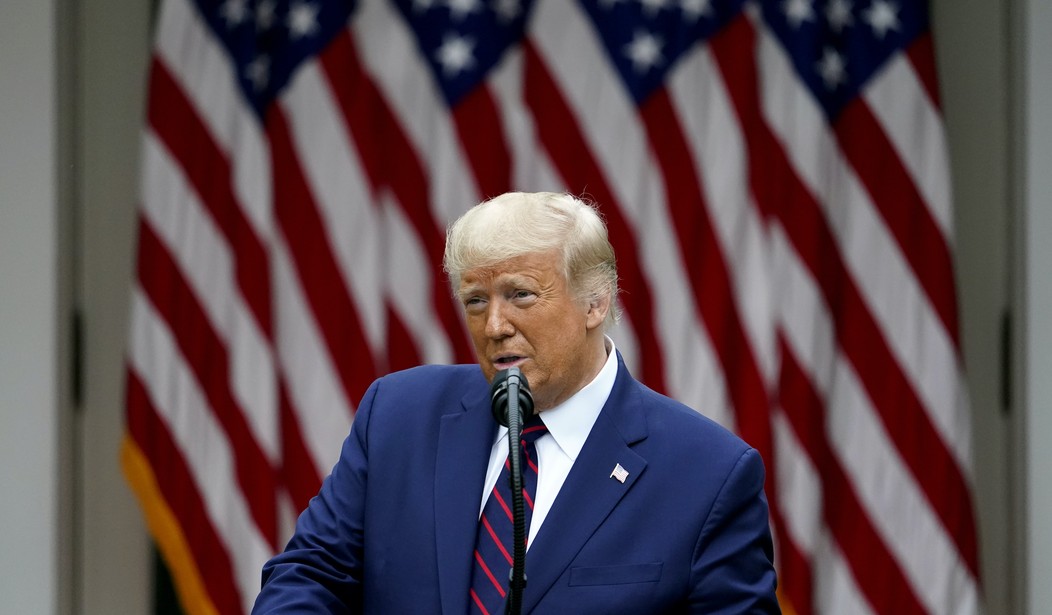
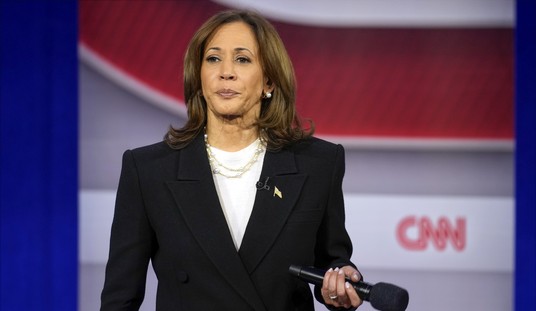
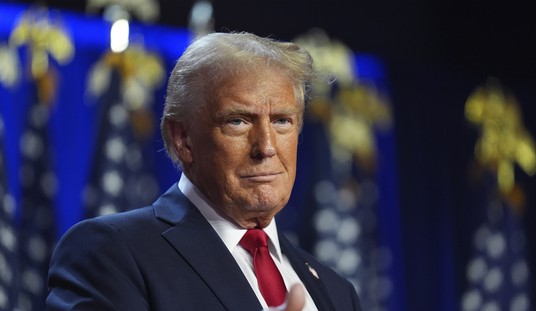


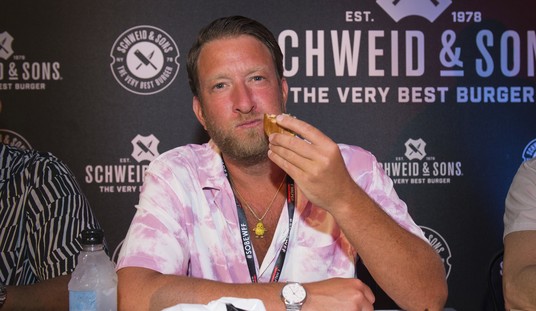
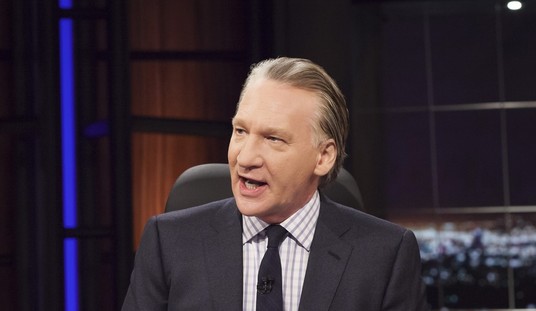
Join the conversation as a VIP Member